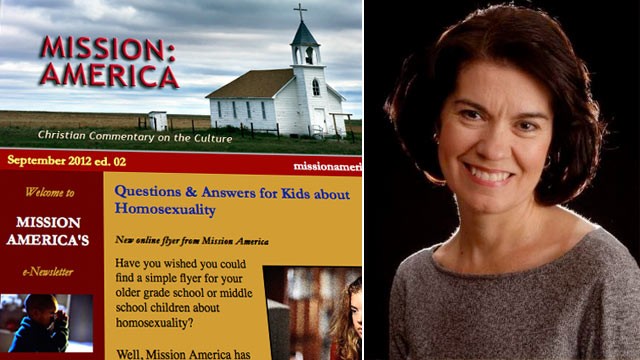Ever since I wrote that post on how people misuse the word bully I’ve been soul searching. I felt as though I had done the very thing I was being critical of, but couldn’t put my finger on exactly what.
Then I found this post from 2012.
I was angry that someone told an overweight news anchor she’s a bad role model for children. As someone who has had a lifelong struggle with weight, I seethed. I praised the anchor, Jennifer Livingston, for standing up to the guy on air.
I still hold a lot of the same feelings. There are a variety of reasons people struggle with weight, and while there’s a lot of obesity fueled by laziness and bad behavior out there, I know many overweight people — myself included — who are anything but lazy. I also believe being a good role model to children is about a lot more than appearance.
Looking back at the on-air editorial Livingston made, the whole tirade is framed around her standing up to her bully. She talks about an “attack that’s not OK,” something that shouldn’t be allowed.
But while he attacked her and that was wrong, was he really being a bully?
Let’s look at some definitions:
- American Heritage Dictionary: “To force one’s way aggressively or by intimidation”
- Oxford Dictionaries Online: “Use superior strength or influence to intimidate (someone), typically to force him or her to do what one wants”
- Merriam-Webster: “To intimidate by an overbearing swaggering demeanor or by threats”
- Macmillan: “To frighten or hurt someone who is smaller or weaker than you”
- Wikipedia: “The use of force, threat, or coercion to abuse, intimidate, or aggressively impose domination over others. The behavior is often repeated and habitual. One essential prerequisite is the perception, by the bully or by others, of an imbalance of social or physical power.
- Stopbullying.gov: “Unwanted, aggressive behavior among school-aged children that involves a real or perceived power imbalance. The behavior is repeated, or has the potential to be repeated, over time. … Bullying includes actions such as making threats, spreading rumors, attacking someone physically or verbally, and excluding someone from a group on purpose.”
A lot of dictionaries note that to be a bully, you have to repeat these actions over time. The writer definitely insulted Livingston. His wording bordered on cruel. She’s not out of line to feel attacked.
But, as far as we know, the guy hasn’t repeatedly contacted her to keep the insults going, to get her to do what he wants, which is to lose weight or get off camera. He merely stated his opinion and moved on.
He wrote to Livingston:
Surely you don’t consider yourself a suitable example for this community’s young people, girls in particular. Obesity is one of the worst choices a person can make and one of the most dangerous habits to maintain.
He makes narrow-minded judgements. But if we used that as a metric, we’d all be bullies.
If I were Livingston, I would have told him:
- He doesn’t know me well enough to call my obesity a choice.
- There’s more to being a role model than appearance. If appearance made the difference, Winston Churchill would have been denied his rightful, heroic place in history.
- Overweight people often hate to see themselves on TV. Making a career in television despite appearance is a form of courage in itself.
But after reading all these definitions, I wouldn’t have called him a bully.
Watch the video and judge for yourselves.




